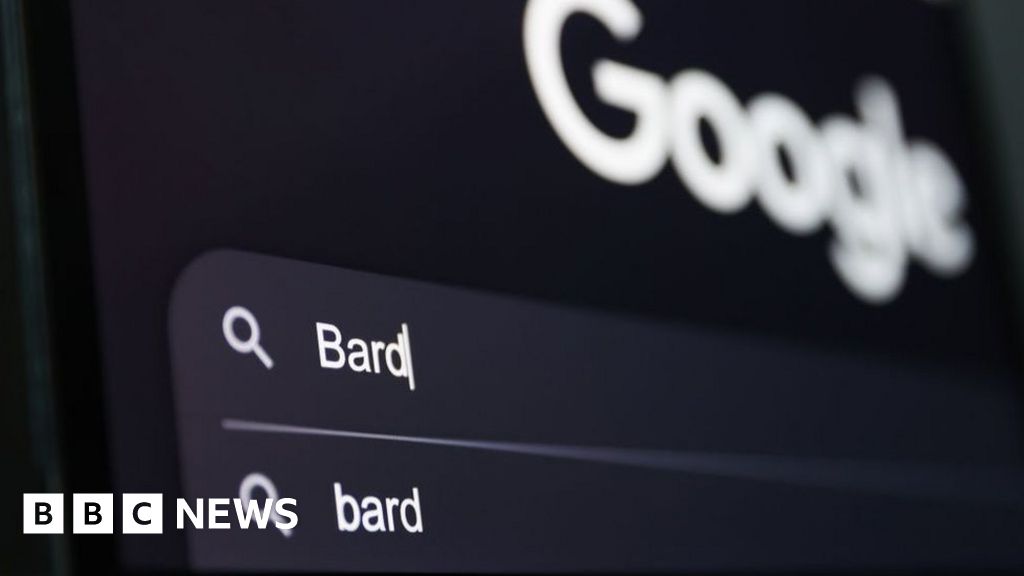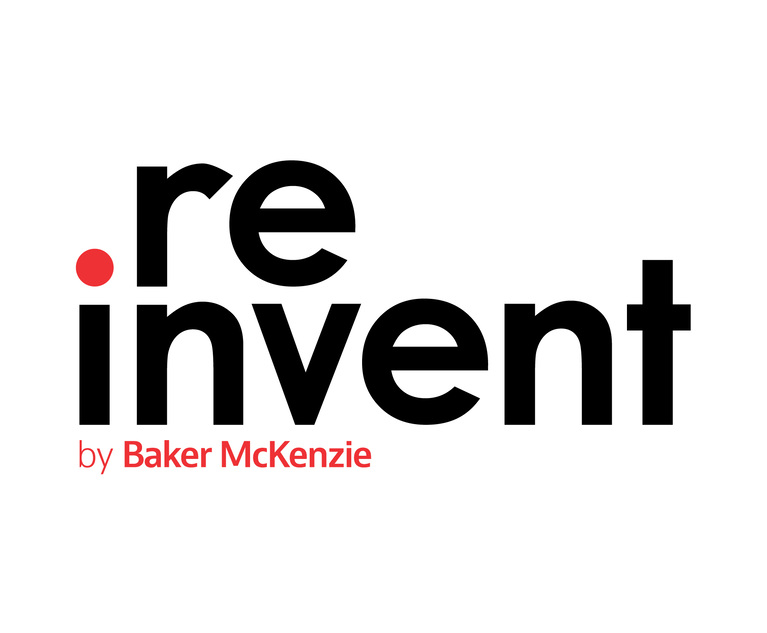- The AI Verdict
- Posts
- US Chamber of Commerce challenges AI Bill of Rights; Google Bard's mistake causes $100bn market loss; generative AI in legal industry; ChatGPT used in legal decision; aftermath of DoNotPay's controversy.
US Chamber of Commerce challenges AI Bill of Rights; Google Bard's mistake causes $100bn market loss; generative AI in legal industry; ChatGPT used in legal decision; aftermath of DoNotPay's controversy.

US Chamber of Commerce challenges Biden administration's AI Bill of Rights
The US Chamber of Commerce is challenging the Biden administration’s AI Bill of Rights, which is a policy framework for the ethical creation and use of artificial intelligence.
The Chamber filed public-records requests with several federal agencies, including the Consumer Financial Protection Bureau, the Department of Education, the Equal Employment Opportunity Commission, the Federal Trade Commission, the Department of Health and Human Services, and the National Telecommunications and Information Administration, that helped create the framework.
The lobbying group, which represents the largest companies in the US, is seeking information about the individuals and businesses involved in the development of the AI Bill of Rights.
The Chamber is concerned that the framework was created without transparency, adequate stakeholder involvement, or a deliberative process.
The results of the public-records requests could set the stage for lawsuits if they reveal that the federal agencies relied too heavily on the expertise of the White House, which would go against federal regulations requiring agencies to rely on their own expertise in creating new rules. The Chamber's move highlights its efforts to avoid regulation that could make it harder to develop and deploy money-making emerging technologies.
Google's AI bot Bard causes $100 billion market loss, prompts testing program
Google is trying to establish its dominance in AI technology.
However, an advertisement for its new AI bot, Bard, showed the bot answering a question incorrectly. The bot was asked about discoveries from the James Webb Space Telescope and said that it was the first to take pictures of a planet outside the earth's solar system, but this claim was incorrect and noted by astronomers on Twitter.
This mistake led to a decrease in Alphabet's (Google's parent company) shares, resulting in a loss of $100bn in market value.
Investors were also underwhelmed by Google's presentation about its plans to deploy AI in its products, adding to the company's difficulties.
Google is facing increased competition from Microsoft, who recently unveiled a new version of its Bing search engine that uses advanced ChatGPT technology. The rapid development of AI technology raises concerns about errors, skewed results, and plagiarism. To address these concerns, Google is starting a Trusted Tester program to ensure the quality and accuracy of Bard's responses.
Generative AI finds footing in legal industry, improving workflows and client services
The legal industry has begun to embrace generative AI, beyond OpenAI and ChatGPT. Legal tech companies have lately concentrated on integrating GPT-3 models into their offerings for specific purposes, such as contract work and docket summaries, aiming to enhance eDiscovery.
Law firms, on the other hand, are using generative AI to enhance attorney workflows and improve the delivery of client services. They aim to offer better solutions to clients' problems by augmenting their processes with AI.
Danielle Benecke, the founder of Baker McKenzie's Machine Learning Practice, spoke with Legaltech News about the firm's five-year journey with machine learning and the potential of generative AI. Benecke leads an internal team dedicated to using machine learning within the firm, primarily to enhance client services.
According to Benecke, most law firms do not have the resources or infrastructure yet to support the use of large language models like GPT-3. Baker McKenzie started their journey early to address this issue and overcome the various IT and governance obstacles that come with using AI in a big global firm.
Benecke discussed how the firm is exploring the use of prompt engineering to better elicit responses from the machine and combine legal expertise with computational and strategic thinking. She emphasized that workflows are crucial to scaling and operationalizing AI in large firms, and that the primary use case for ML in law firms is to enhance workflows and improve client services.
Columbian judge uses ChatGPT to assist in legal decision making
Colombian Judge Juan Manuel Padilla Garcia of the First Circuit Court in Cartagena used ChatGPT in a legal case, using the AI to answer legal questions and including its responses in his decision.
The judge emphasized that any information provided by ChatGPT was fully fact-checked and was used to assist and speed up the decision-making process, not to replace the expertise of the judiciary.
The AI answered questions related to the specific case, such as whether an autistic minor may be exonerated from paying fees for their therapies and whether the jurisprudence of the constitutional court made favorable decisions in similar cases.
While the use of ChatGPT in a legal decision is a notable development, there are concerns about the AI's ability to understand complex legal concepts and nuances in jurisprudence.
The aftermath and next steps of DoNotPay's controversy
DoNotPay's controversial stunt involving a robot lawyer and a $1M offer has elicited mixed reactions in the legal industry.
The incident has raised concerns about the impact on access to justice (A2J) initiatives and the potential skepticism of investors towards future justice tech initiatives.
DoNotPay's founder, Joshua Browder, dismissed the backlash against his plans as legal industry protectionism, even labeling the incident as "a bit of a nothingburger." but others in the legal sector remain concerned about the potential harm caused by DoNotPay's actions.
The DoNotPay incident has reignited discussions around legal technology, AI, and A2J, and the importance of regulation.
The impact of DoNotPay's actions on the future of A2J remains to be seen, but the incident has prompted the need for further discussions and regulations in the legal tech industry.



